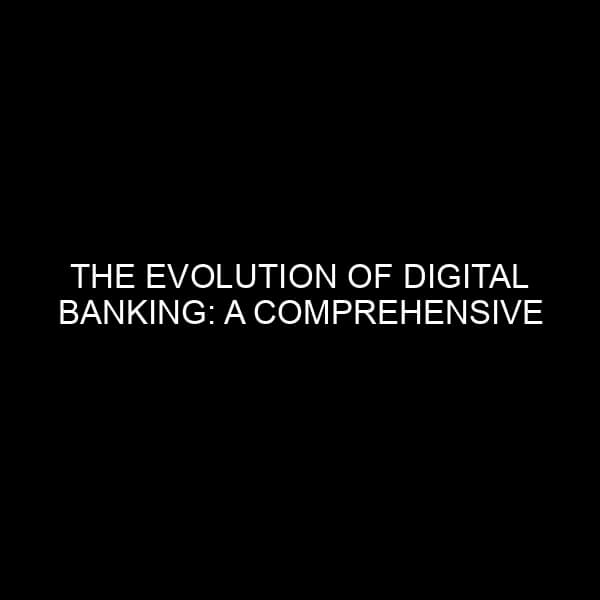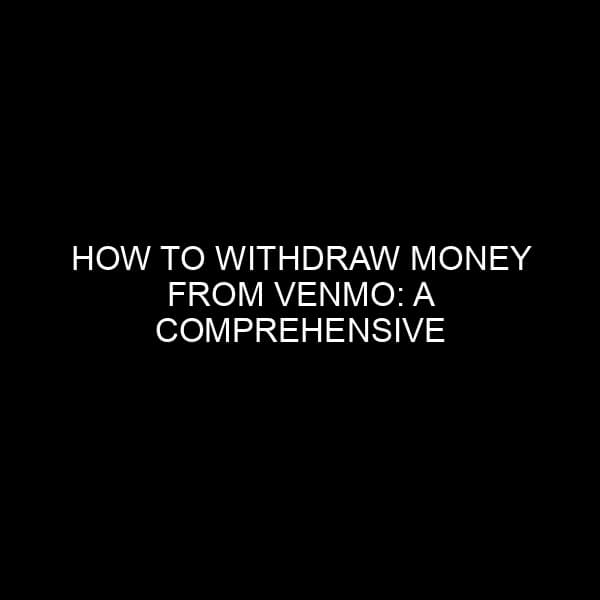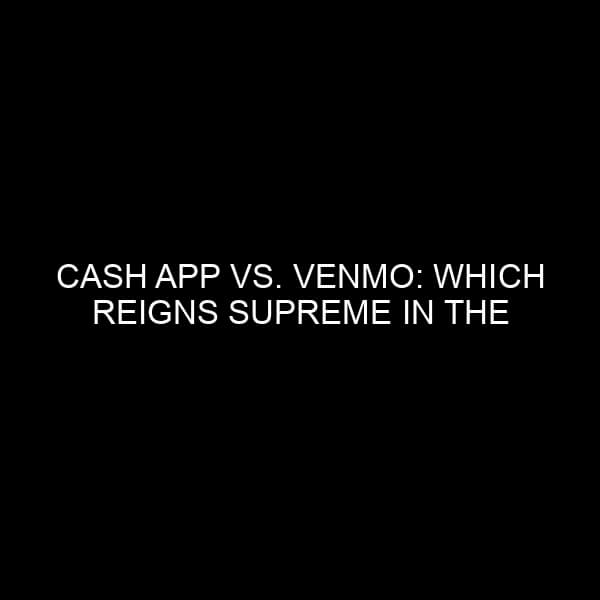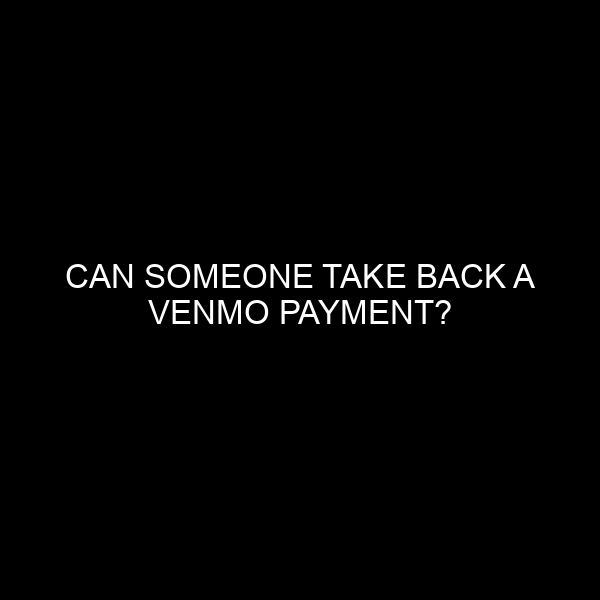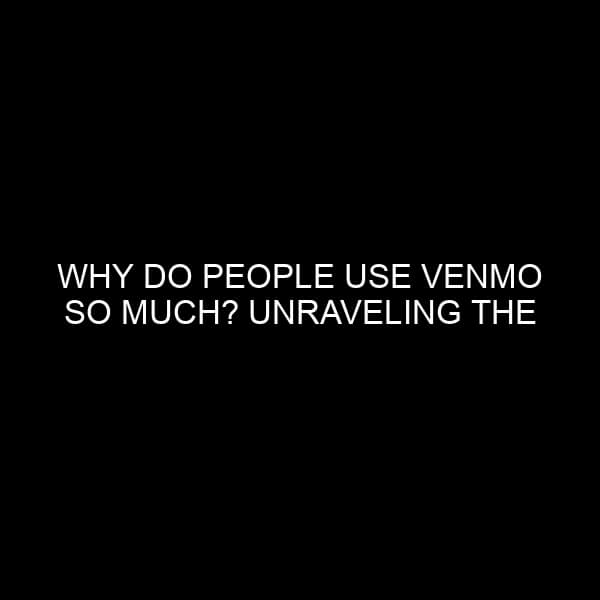Is Venmo Safer Than Cash App?
As we become increasingly reliant on technology for our financial transactions, the question of which applications are safest takes center stage. Especially in the realms of peer-to-peer (P2P) payment systems, where apps like Venmo and Cash App reign supreme, users frequently ask: which platform is safer? Drawing upon my background in the financial market and banking industry, I’ll offer a detailed comparison of the safety measures implemented by Venmo and Cash App. Let’s dive deeper.
Understanding Venmo and Cash App
Before comparing safety features, it’s essential to understand the primary function of both apps. Venmo, owned by PayPal, and Cash App, owned by Square, Inc., facilitate P2P payments, allowing users to send and receive money almost instantly. Over the years, these platforms have expanded their features to incorporate additional financial services, such as debit cards and investment options.
Encryption and Data Security
Venmo: Venmo employs encryption to protect user account information. The app uses secure protocols to ensure that personal and financial data remains confidential. Venmo accounts are also protected with multi-factor authentication, a feature that requires multiple forms of identification before account access is granted.
Cash App: Much like Venmo, Cash App employs encryption to secure transactions and user data. It also uses PCI-DSS level 1 certification, ensuring that all card information remains confidential. Furthermore, users have the option of activating features like Security Locks, Touch ID, or Face ID to authenticate transactions.
Verdict: Both apps prioritize encryption and utilize similar security protocols. The decision here leans towards individual preference and trust in either company’s data protection reputation.
Fraud Protection
Venmo: PayPal’s acquisition of Venmo added a layer of fraud prevention to the platform. With the backing of a financial giant known for its security measures, Venmo has increased its efforts in fraud detection and monitoring. They offer user education on safe usage, but it’s worth noting that if a user willingly sends money to a scammer, Venmo doesn’t guarantee a refund.
Cash App: Cash App has a robust system in place for detecting unauthorized transactions. In the case of any suspicious activity, Cash App tends to freeze the user’s account, requesting additional verification. The app also offers educational materials on avoiding scams. Like Venmo, however, if money is sent willingly to a scammer, getting a refund is not guaranteed.
Verdict: While both apps have commendable fraud protection mechanisms, neither guarantees refunds in cases where the user is at fault. Always exercise caution and ensure you’re transacting with trusted parties.
Customer Support
Venmo: Venmo offers email support and a comprehensive FAQ section on its website. While many users find these resources useful, some have expressed frustrations over not having immediate access to phone-based customer support in emergencies.
Cash App: Cash App provides both email and phone support. This dual channel of communication often helps users resolve issues faster, especially when the matter is time-sensitive.
Verdict: Cash App seems to have an edge here, offering phone-based support which can be crucial during financial emergencies.
Additional Safety Features
Venmo: Venmo’s public transaction history is a feature that has been a topic of contention. By default, transactions (excluding amounts) are public, meaning others can see who you’re transacting with. This can be changed in the settings, and it’s advisable to set transactions to private for added security.
Cash App: Cash App provides the ability to change your $Cashtag, a unique identifier that users can share to receive money. This feature can help maintain privacy, especially if one’s $Cashtag has been compromised or shared too widely.
Verdict: Cash App’s flexibility with the $Cashtag provides an added layer of privacy. In contrast, Venmo users need to be more proactive in managing their privacy settings.
Conclusion
Determining whether Venmo or Cash App is safer isn’t a straightforward answer, as both platforms exhibit strengths in different areas. From an encryption and fraud protection standpoint, both are almost on par. However, when considering customer support and additional safety features, Cash App seems to have a slight advantage.
Ultimately, the best way to ensure safety on any platform is to be proactive. Use strong, unique passwords, enable all available security features, and be vigilant about whom you’re sending money to. In the rapidly evolving digital age, staying informed and cautious remains the best defense.

